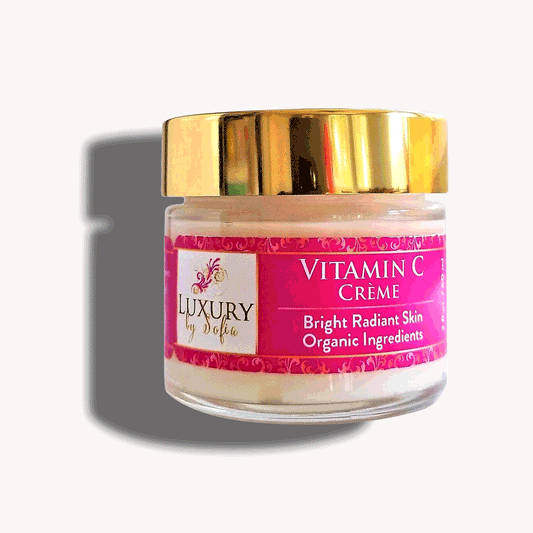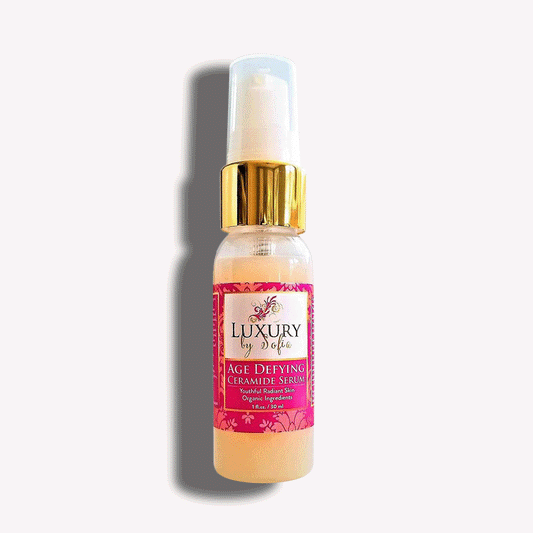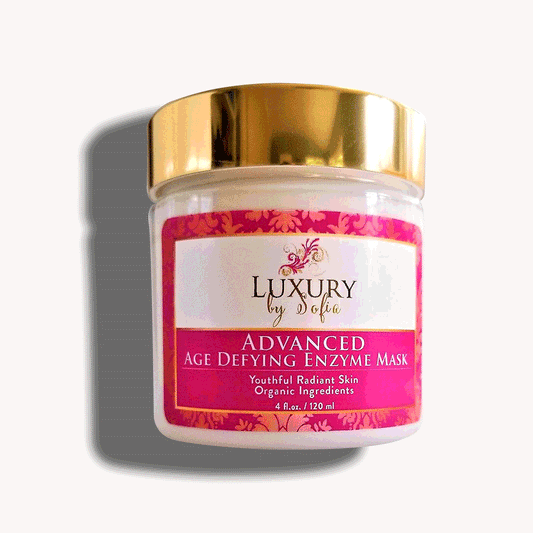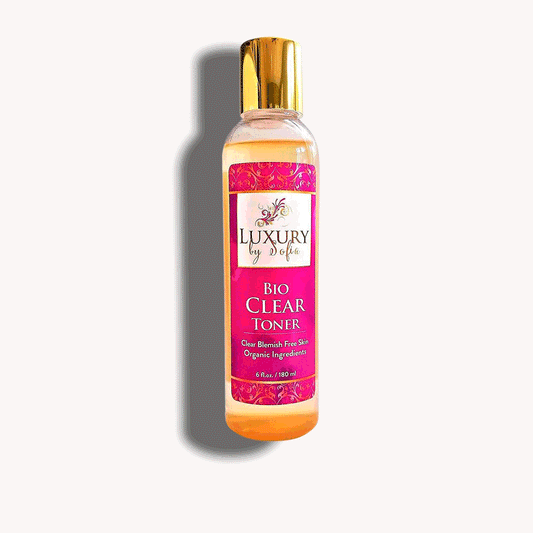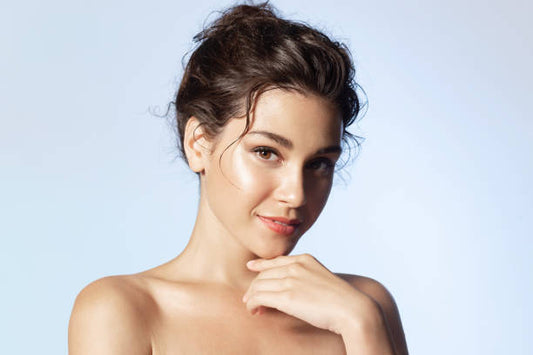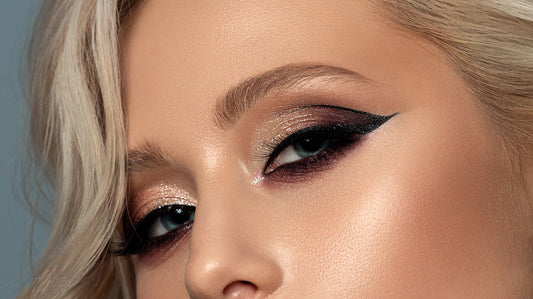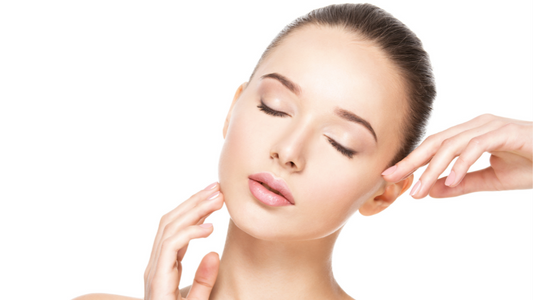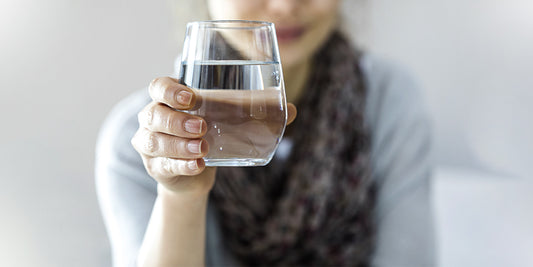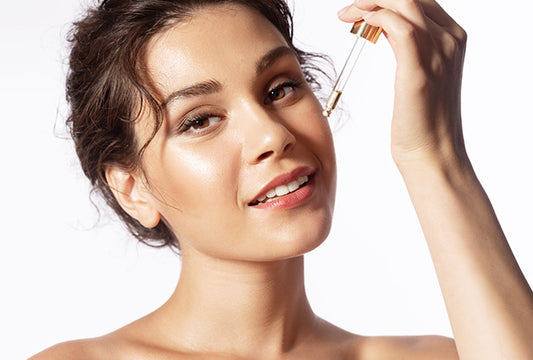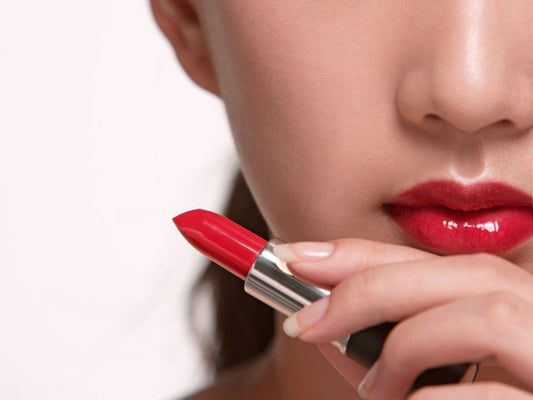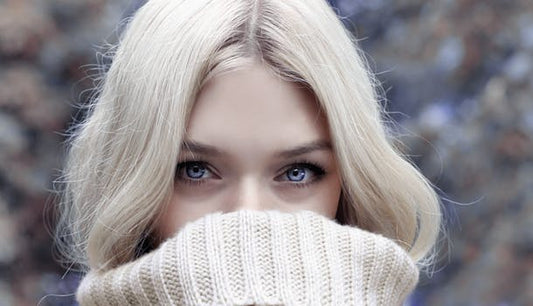Primer is a makeup product that creates a smooth and even surface for your foundation. While primers can be used on the face, lips, or nails, we'll focus on its use in this article. Primer helps the makeup go on smoothly and evenly, provides an extra layer of protection from environmental damage like UV rays or wind-chapped skin, and keeps your skin moisturized so it doesn't dry out while you're applying makeup. There's no one best primer for everyone; each type works in different ways depending on what you want to achieve with your makeup application.
In this post we'll cover everything you need to know about prime: what it is, why it matters so much when applying make up (especially foundation), how to choose the right type of primer for your needs and budget - plus some tips on how best to apply them!

The Importance Of Primer
Primer is the first step in your makeup routine. It helps your skin look its best, and it can also help makeup last longer. Primers are available in a variety of formulas that address different skin concerns such as acne, redness or dullness.
There are several types of primer: silicone-based primers (which create an even surface for foundation) and emollient-based primers (which soften the appearance of fine lines). Silicone-based primers tend to be more durable; however, they can sometimes appear too shiny if you're not careful with application. Emollient-based formulas are more forgiving as they blend into the skin more easily without leaving behind any residue or shine, perfect if you want something less noticeable!
How To Use Primer
Primer is a must for anyone who wants to get the most out of their makeup. It helps you achieve a smooth, even base and prevents your foundation from settling into fine lines and wrinkles. Applying primer before foundation will also help your skin look more radiant and glowy!
Primers come in different forms: liquid, powder, or cream. Liquid primers are best for normal-to-dry skin types because they add moisture without being heavy on the face; powder primers work well with oily or combination skin types because they absorb excess oil without drying out the skin; cream primers can be used by all types of complexions, but may require some blending with a sponge or brush if you want an airbrushed finish (which we always do).
Try Now: Organic Brightening Face Primer
Types Of Primers
Primers are a great way to prepare your skin for makeup. They can smooth out uneven texture and help products go on more evenly, which means you'll get longer-lasting results with less effort. There are many different types of primers available, each with its own benefits and purposes.
- Liquid: Water-based formulas that absorb quickly into the skin, liquid primers work well for those with oily or combination skin because they don't clog pores or feel heavy on the face. They're also easy to use just put it on before moisturizer!
- Cream: Creamy formulas provide a barrier between your face and foundation so that your makeup doesn't absorb into any dry patches you have going on (which means no cakeyness). If you have normal or dry skin, but want something hydrating enough for hydration without being greasy, this may be right up your alley!
- Powder: Powders can come in two forms: loose powder (like pressed powder) or pressed powder (like pressed powder). Loose powders tend not only serve as a barrier between skin and foundation, but also absorb extra oil from the T-zone area while setting everything else in place; however they sometimes contain talc, which some people are allergic too so if that sounds like something worth avoiding then definitely check out pressed versions instead!
Choosing A Primer That Works For You
When it comes to choosing a primer, there are a few things you should keep in mind. The first thing is your skin type. If you have oily or combination skin, then opt for a mattifying formula like Too Faced Hangover RX Primer ($29). If your skin is dry and flaky, try something hydrating like the KVD Everlasting Liquid Lipstick Primer Potion ($20).
The second thing is whether or not you want something that has color correction benefits as well as smoothing properties (like the KVD Everlasting Liquid Lipstick Primer Potion). This will give your foundation an extra boost of coverage so that any redness or discoloration on your face won't show through when it's time to finish up with concealer and powder later on!
What's Next?
Now that you know how to apply primer, here are some tips for what to do after:
-
Apply foundation over your primer. You can use a sponge or brush for this step. The goal is to get a smooth, even finish on your skin so that it looks like there's no makeup on at all!
-
Wait until the foundation has dried completely before moving onto anything else (and then wait another 30 minutes). This will ensure that any oiliness caused by the primer doesn't seep through later in the day and make everything look gross on camera.
If you're feeling particularly oily while filming, try using an oil-control product like blotting paper instead of powder--it'll help minimize shine without caking up foundation or giving off an obvious powdery cast.
Learn How To Use And Apply Makeup Primer
If you're new to makeup priming, the best place to start is with a primer that works for your skin type. If your skin is oily and prone to breakouts, try using a mattifying or pore-minimizing formula. If it's dry and flaky, look for something hydrating and moisturizing--a good option might be one of those tinted ones that give the appearance of plumped-up pores without making them feel clogged up.
Before applying any kind of foundation (liquid or powder), take time to apply primer all over your face as well as problem areas like around the nose and mouth where foundation tends to settle into fine lines over time. This will ensure even coverage from start-to-finish so there aren't any patches left uncovered by makeup later on down the line!
Conclusion
When it comes to applying makeup, primer is one of the most important steps. It can help your foundation last longer, give you a natural glow and even help conceal blemishes! The best part is that there are so many types of primers available today so no matter what type of skin or budget you have there's bound to be something perfect for everyone.

